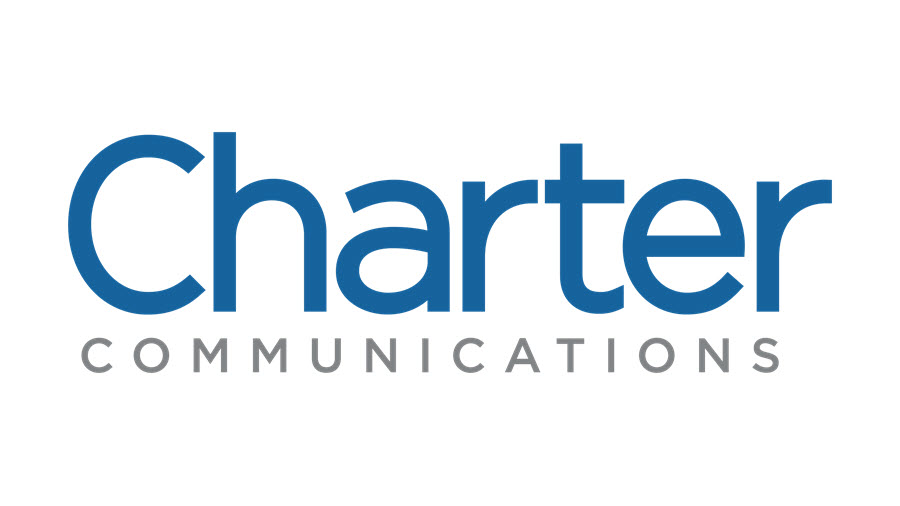Charter Stock Slips After Bernstein Downgrade
Shares fall 3.1% after Peter Supino slaps ‘market-perform’ rating on stock due to competitive concerns

The smarter way to stay on top of the multichannel video marketplace. Sign up below.
You are now subscribed
Your newsletter sign-up was successful
Charter Communications shares fell as much as 3.1% in early trading Monday after Bernstein media analyst Peter Supino downgraded his rating on the stock from “out-perform” to “market-perform,” citing competitive concerns and already-baked growth estimates in the share price.
Charter shares were down as much as 3.7% ($27.53 per share) to $708.94 each in early trading Monday (July 12). The stock closed at $719.80 per share, down 2.3%, or $16.67 each on July 12.
In his report, Supino noted that he remains convinced of Charter’s “business plans, financial strategies and structural competitive position in most of the US,” adding that its growth trajectory in the medium term shouldn’t change.
But the analyst is worried about the growing competitive threat from T-Mobile and AT&T Fiber, as well as the possibility of a stricter regulatory environment.
T-Mobile is aggressively rolling out fixed wireless high-speed internet access across the country, and expects to have 7 million to 8 million residential internet customers by 2025, implying 1.5 million additions per year.
Also Read: Analyst: After a Strong 2021, Cable’s Broadband Trajectory Could Reverse in 2022
The smarter way to stay on top of the multichannel video marketplace. Sign up below.
While several analysts, including Supino, have noted that fixed wireless is technologically inferior to cable broadband service, he sees it as carving out a niche in the market with customers that are looking for lower-cost, “good-enough” broadband access.
“We believe the natural segmentation of the broadband market will provide more consumers with an opportunity to pay a lower price for ‘good enough’ broadband,” Supino wrote. “While the telco networks are absolutely constrained in terms of the number of residential customers they can serve, we believe the 5G technology and MHz expansions of mobile networks create a niche business opportunity for the ‘Big 3,’ led by T-Mobile as the first-mover on the more scalable, economical mid-bands.”
AT&T’s recent plans to spin-off DirecTV with TPG and a separate merger between its WarnerMedia programming assets and Discovery Inc., will provide added financial stability to the phone company, Supino wrote. That should help AT&T Communications chief Jeff McElfresh achieve his stated goal of transforming AT & T into the country’s “premier broadband connectivity provider, period.”
Other analysts have warned of a possible slowdown in the broadband market, and Supino estimated that Charter, which added a record 2.1 million high-speed data customers in 2020, will see that growth slow substantially to 1.3 million in 2021 and 1 million in 2022.
On the regulatory front, reports that Gigi Sohn, once a top adviser to former FCC chairman Tom Wheeler, is in the running to become the next chair of the agency, and the indecision around the long-term role of acting FCC chair Jessica Rosenworcel make the possibility that Sohn could ultimately lead the agency closer to reality. That, according to Supino, could mean that net neutrality and the reclassification of broadband as a Title II telecom service could rear its head once again.
“As chairwoman, we think Sohn would probably pursue a form of broadband price regulation,” Supino wrote. “Were Sohn appointed, we would expect cable stocks to tumble. In such a scenario, we would expect Charter to decline more than Comcast given its much higher mix of EBITDA from internet service provision.”
Supino fully expected some backlash from the decision to downgrade Charter stock, and added that he expects the company to have strong cash flow and free cash flow growth in 2022 and beyond. But the potential volatility in the broadband segment is too great to ignore.
“Charter's valuation multiples, while elevated, exist in a low interest rate, secular growth hungry world which has bid up nearly all valuations,” Supino wrote. “A seller of Charter who is in the business of managing stock portfolios must buy another stock … In the end, as is so often the case, our business model defines the decision. While we advise clients seeking to be right for the next 5 years and others focused on the next 5 months, Bernstein's price target horizon is 12 months. And on that horizon, we think Charter's stock looks ‘fair but full.’ For each unit of potential upside, we see about as much downside.”
Mike Farrell is senior content producer, finance for Multichannel News/B+C, covering finance, operations and M&A at cable operators and networks across the industry. He joined Multichannel News in September 1998 and has written about major deals and top players in the business ever since. He also writes the On The Money blog, offering deeper dives into a wide variety of topics including, retransmission consent, regional sports networks,and streaming video. In 2015 he won the Jesse H. Neal Award for Best Profile, an in-depth look at the Syfy Network’s Sharknado franchise and its impact on the industry.

